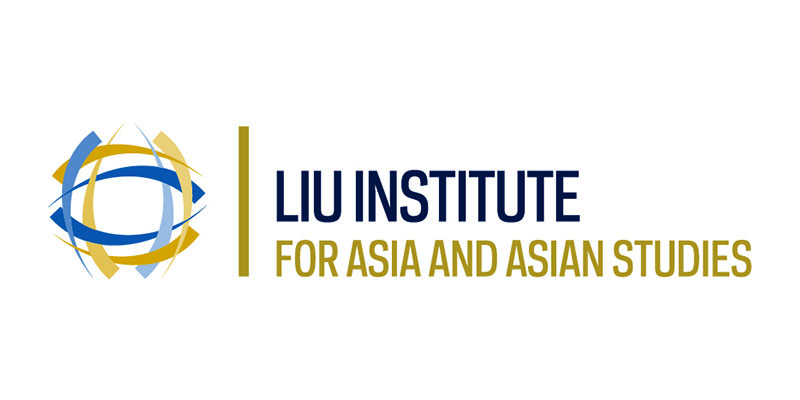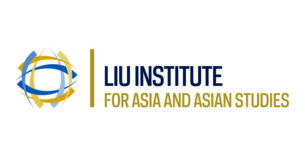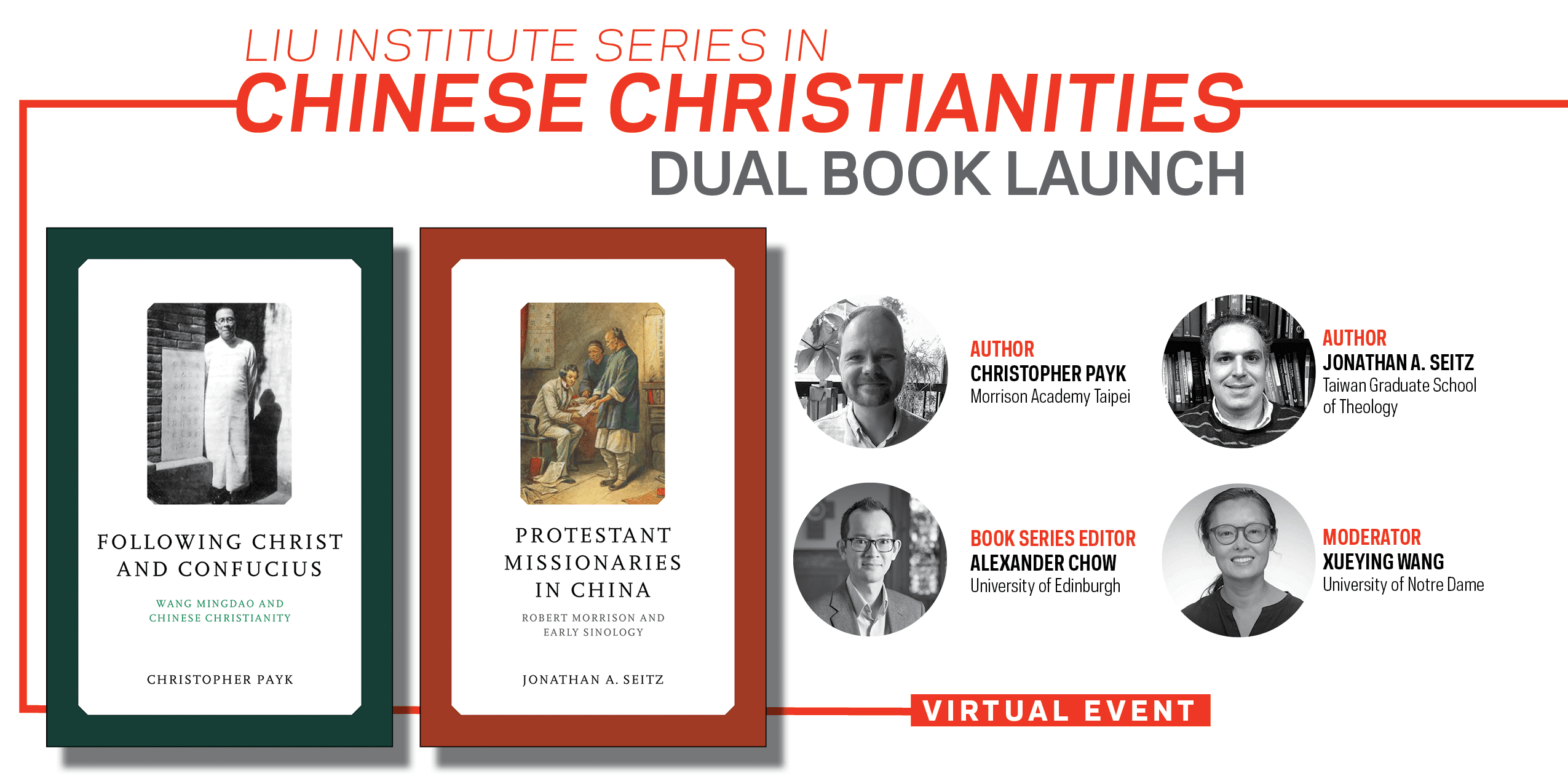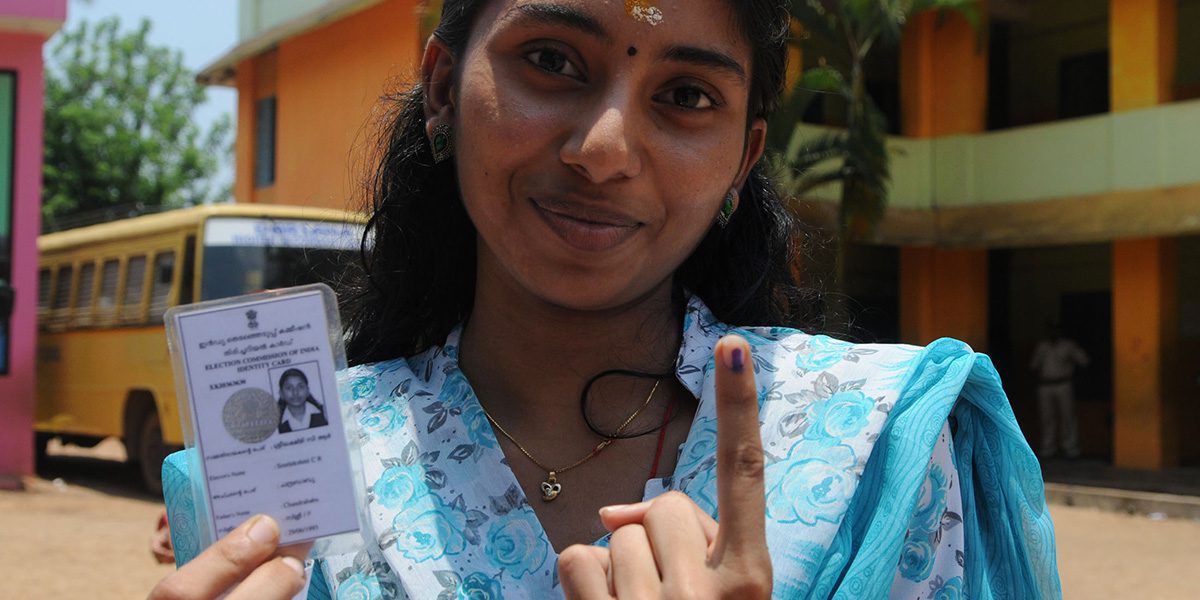Nadia Kim Lecture “Our Community Has Boundaries”: LA’s Immigrant Women Activists on Embodiment, Race, Class, and Morality

In our global cities today, immigrants of color are increasingly suffering hyper-pollution and alarming rates of asthma and cancer due to their residence near diesel-spewing shipping ports, freeways, and rail yards—all so that you and I can buy the goods we buy at big box stores that hail from China and other far-flung manufacturing nations. Immigrants and other people of color also reside and work in and near hazardous industries, like the oil refineries that prop up the aforementioned goods movement apparatus. Indeed, immigrant-led resistance movements are among the most dynamic in our global cities, yet we know little about them.
In this vein, Kim chronicles how Asian and Latina immigrant women activists for environmental justice in Los Angeles—namely for cleaner, more breathable air—redefine racism and classism as a result of their struggles with environmental racism and classism and their specific social positionings under neoliberal capitalism and white supremacy. She pays specific attention to how both transnational and local factors shape the Latin@ activists’ view of classism as the key enemy— and class inequality as the main moral boundary—while the Filipin@-led Asian immigrants pinpoint racism and race inequality as such. They were conveying that “our” bodies are relegated to poverty and made sick or “we” are emotionally assaulted by racism, while “their” bodies are healthy because of affluence and whiteness—and usually both. By definition, this is a moral claim, as the political boundary they draw around their “embodied community” sees the healthier state and corporate elites neglecting and placating them out of the lack of empathy that wealth and whiteness spawned.
More specifically, the Filipin@ organizers drew on US (neo)colonialism of the archipelago as a major reason for their focus on race and for their transnational activism in and from the predominantly Filipin@ community of Carson, California. The mostly Mexican Latin@s, on the other hand, drew on their common oppression as the poor—both in Mexico and LA—to primarily blame class injustice for the disproportionate air pollution (and other disadvantages) in their largely working-class immigrant neighborhoods. This event was recorded on October 4, 2021.
Speakers:
Nadia Kim
For more information visit the event website.

October 4, 2021



